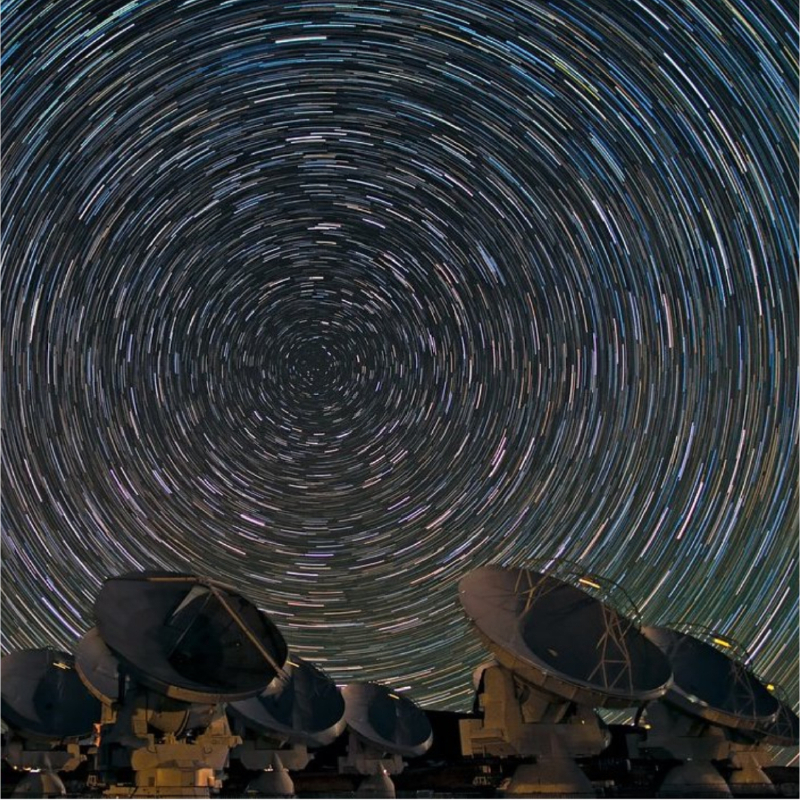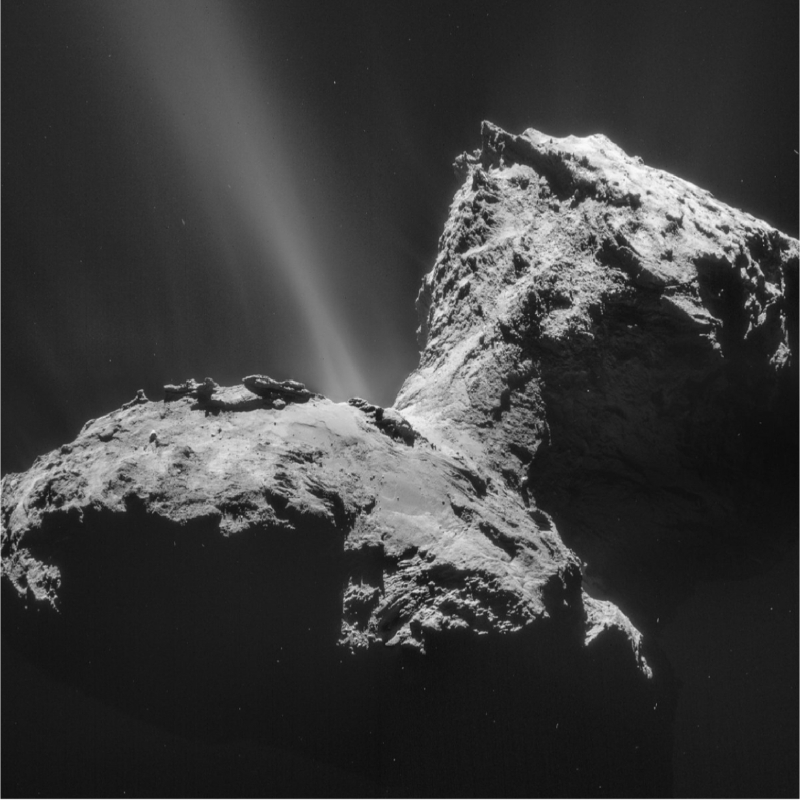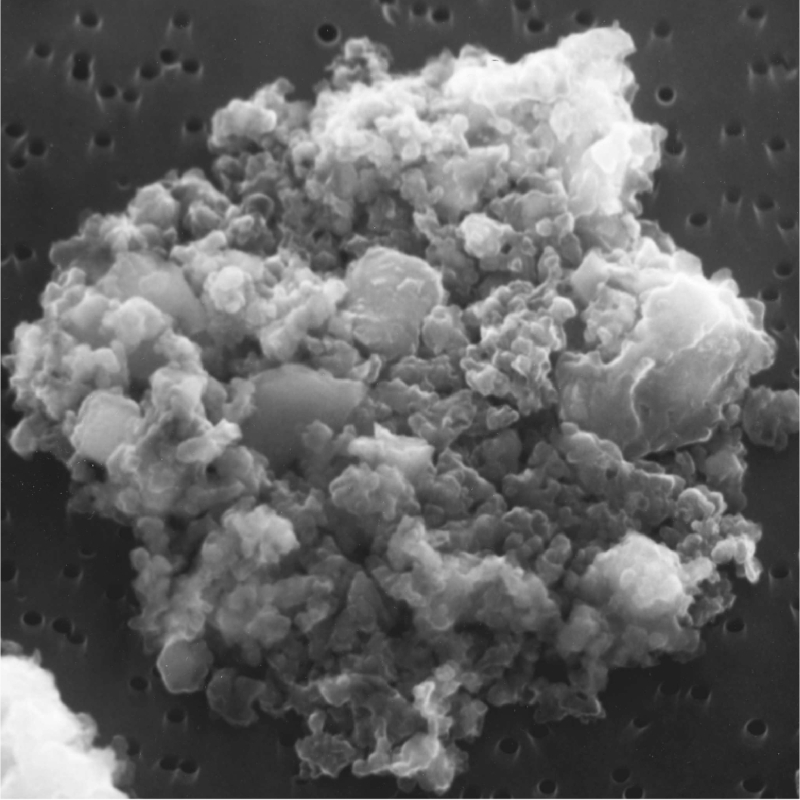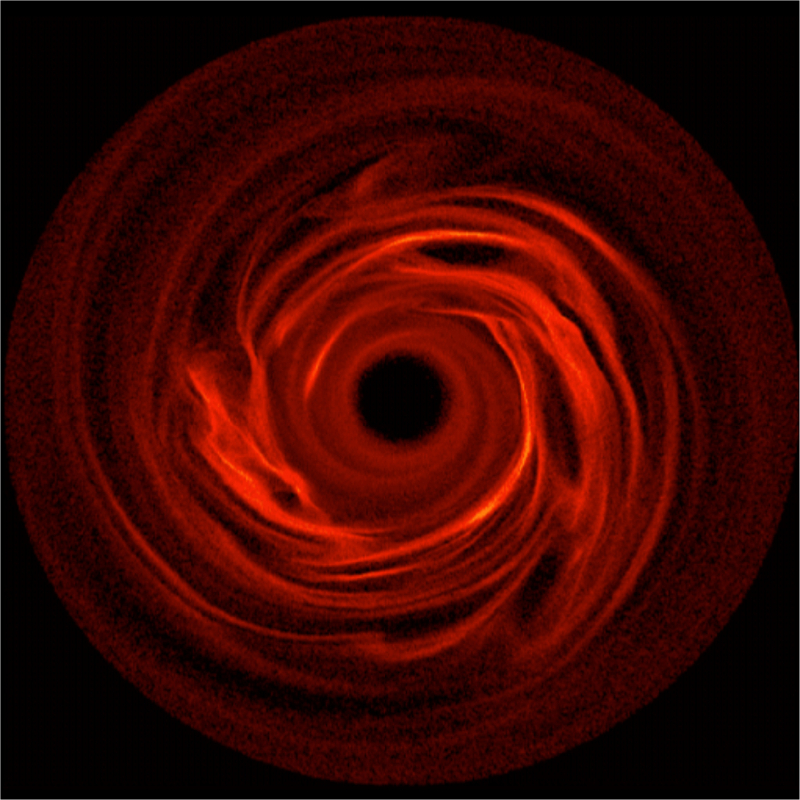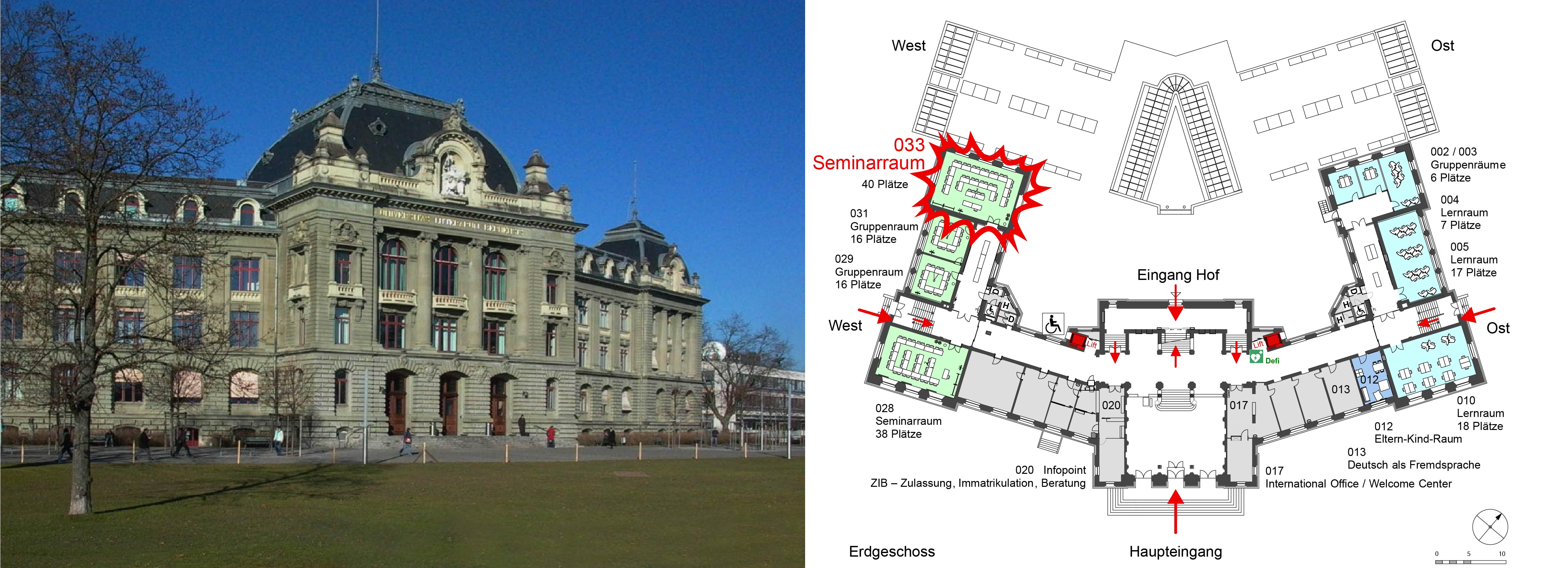Participants
Alison Hunt (ETHZ)
Antoine Pommerol (Bern)
Arathy Ravindran (Bern)
Aryavart Anand (Bern)
Christian Lenz (MPIA)
Christian Tschudi (ETHZ)
Christoph Mordasini (Bern)
Clement Surville (Zürich)
Clémence Herny (Bern)
Greta Guidi (Bern)
Gavin Coleman (Bern)
Hans Martin Schmid (ETHZ)
Henner Busemann (ETHZ)
Holly Capelo (Bern)
Jean-David Bodénan (Zürich/ETHZ)
Jan Hoffmann (Bern)
Leonardo Testi (Garching)
Lokesh Mishra (Bern)
Lucio Mayer (Zürich)
Maria Schönbächler (ETHZ)
Mark Hutchison (Bern/Zürich)
Martin Jutzi (Bern)
Michiel Lambrechts (Lund)
Natalia Engler (ETHZ)
Olga Pinzón (Bern)
Remo Burn (Bern)
Ravit Helled (Zürich)
Selina-Barbara Gerig (Bern)
Silvan Hunziker (ETHZ)
Simon Grimm (Bern)
Stefano Spadaccia (Bern)
Tim Lichtenberg (Oxford)
Yann Alibert (Bern)
